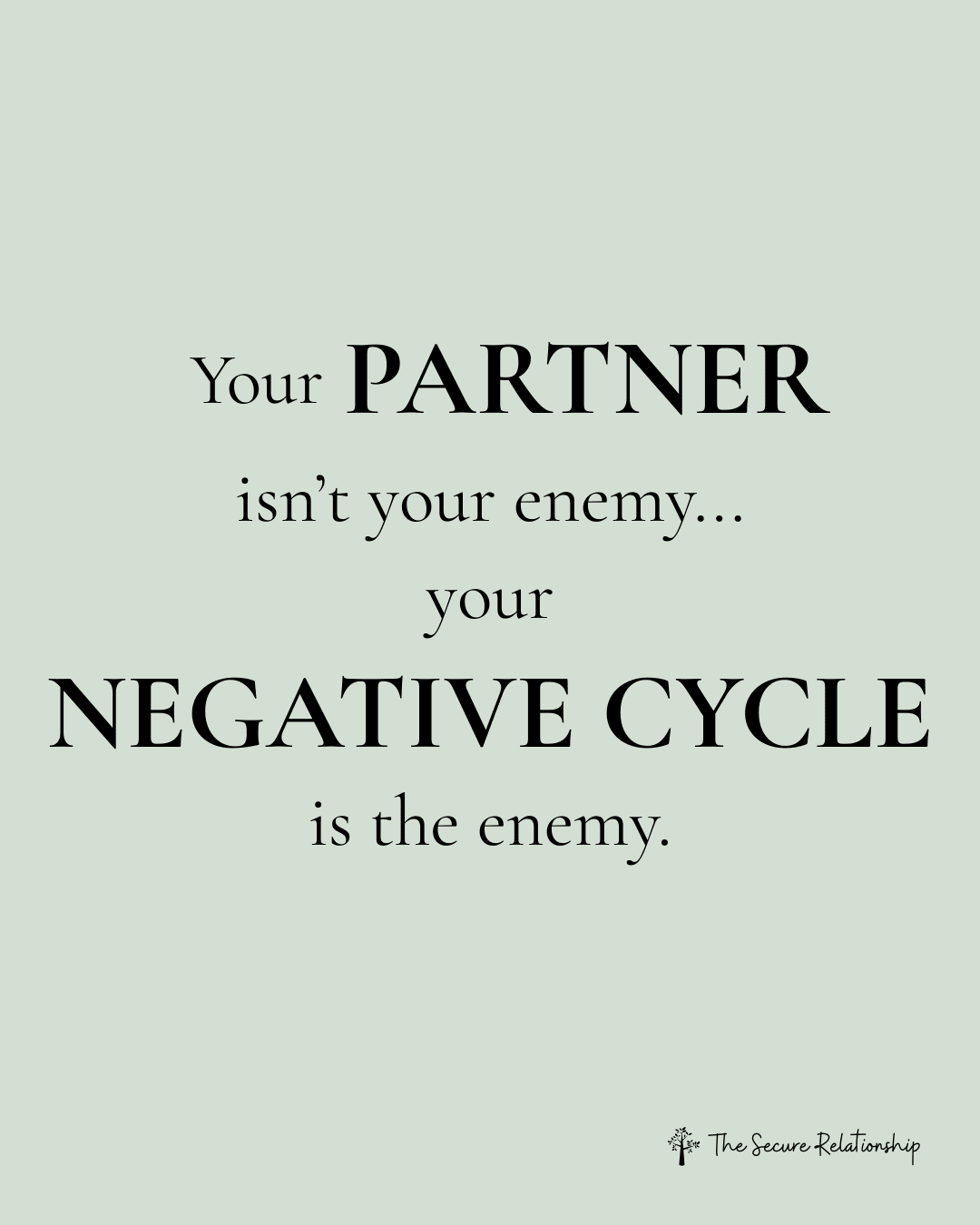Healthy Assertion vs. Reactive Anger
Healthy Assertion vs. Reactive Anger
Situation:
Your partner has a habit of making plans without consulting you. They aren’t necessarily trying to leave you out, but they don’t go out of their way to keep you in the loop either. Every time it happens, you get angry and they get defensive, which launches you both into a negative cycle.
Reactive Anger Response:
“You never consider everything I’m going through when you make plans. All you think about is yourself. I’m just here to do all the work that makes your life easier. You’re just selfish!”
What the Anger Is Trying to Tell You
Your anger is telling you that something isn’t right. You need to take action because the way things are going isn’t working for you. The anger is your body’s way of motivating change and urging you to move toward a healthier dynamic. However, reacting in anger, especially when it comes out as blame or criticism, often backfires by escalating conflict.
Healthy Assertion Response:
“When I don’t know that my needs are being considered, I go to a bad place... a lonely, powerless place. Then my body gets angry because it’s trying to fight for something that helps me feel better and us feel closer. I need for us to find a new way to navigate decisions together because the way we’re doing it isn’t always working for me.”
Why This Approach Works
This response is an example of healthy assertion because:
It speaks from self instead of blaming your partner.
It’s non-reactive and doesn’t attack their character.
It’s vulnerable and clear about the emotional impact the situation has on you.
It makes a request for change rather than simply pointing out what’s wrong.
By fostering emotional safety, healthy assertion reduces the likelihood of defensiveness and increases the chance of collaboration and responsiveness.
What If Healthy Assertion Doesn’t Work?
Some partners may still become defensive, even when you deliver your concerns in the healthiest way possible. This often means they need to work on their own emotional regulation and communication habits. When the timing is right and they’re more open, you might address this by saying something like:
“I’m really trying to bring things up to you in a way that’s safer and healthier. I know you don’t like feeling attacked, just like I don’t like feeling invisible. At the same time, I need to feel encouraged by knowing I can reach you. How can we work together on this?”
This approach emphasizes teamwork, acknowledges both partners’ experiences, and creates space for ongoing dialogue.
Remember:
Healthy communication is a skill that takes practice. Reactive anger often stems from deep emotional needs, but transforming that anger into healthy assertion can help you create more productive conversations and stronger relationships over time.
“Anger is a signal that something isn’t right, but healthy assertion turns that signal into a clear, vulnerable request for change.”


Trying to control your environment—like keeping a spotless house—can sometimes be a way to manage inner anxiety caused by relationship disconnection. But when that strategy backfires, it can create more of the very disconnection you’re trying to avoid. This post explores how personal anxiety shows up in relationships, and how couples can break the cycle.